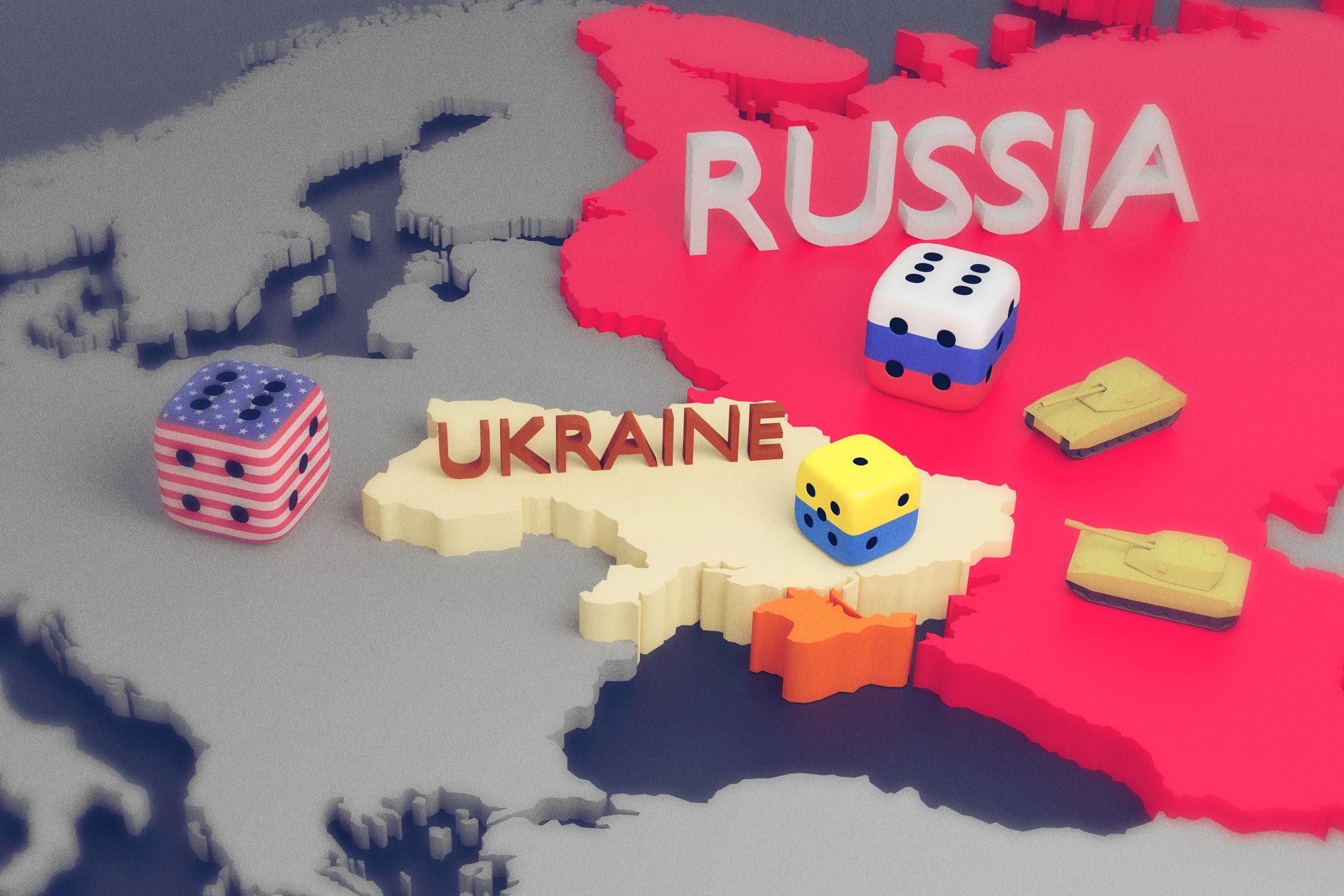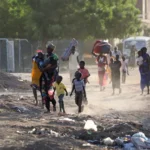The war in Ukraine, which began in February 2022, continued to dominate international headlines in March 2023. On March 17, the International Criminal Court (ICC) issued an arrest warrant for Russian President Vladimir Putin, accusing him of war crimes related to the abduction of Ukrainian children. This unprecedented move marked a significant escalation in the legal and diplomatic ramifications of the conflict, highlighting the international community’s growing frustration with Russia’s actions13.
In response to the ongoing violence, NATO allies ramped up military support for Ukraine. The European Union approved a €2 billion plan to supply one million artillery shells to bolster Ukraine’s defense capabilities against Russian aggression13. This move was seen as essential not only for Ukraine’s survival but also for maintaining stability in Europe amidst fears of further Russian expansionism.
The humanitarian crisis resulting from the war has been severe. Millions of Ukrainians have been displaced, with many seeking refuge in neighboring countries. The United Nations reported that over 8 million people had fled Ukraine since the beginning of the invasion, creating one of the largest refugee crises in Europe since World War II23.As the conflict drags on, its implications extend beyond Ukraine’s borders, affecting global food security and energy prices. The war has disrupted grain exports from Ukraine, a major supplier of wheat and corn, leading to increased food prices worldwide and exacerbating hunger in vulnerable regions6. The situation remains fluid, with international diplomatic efforts continuing to seek a resolution while military engagements persist.


